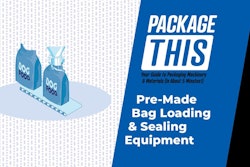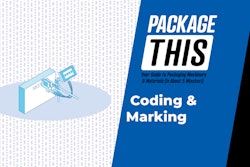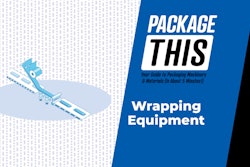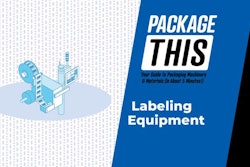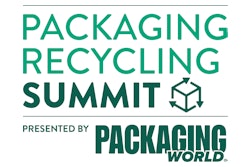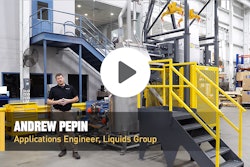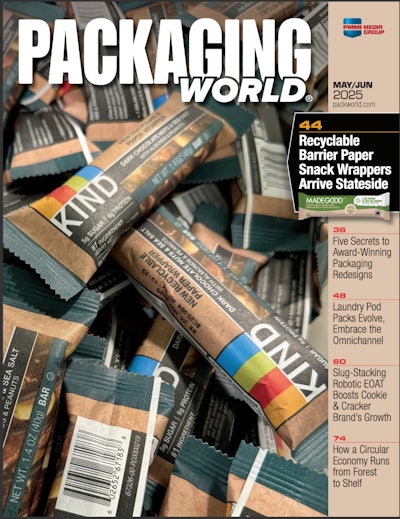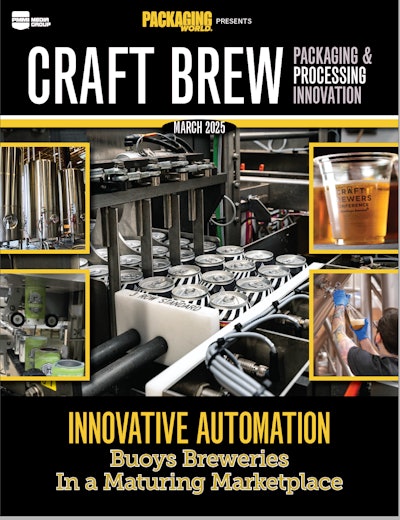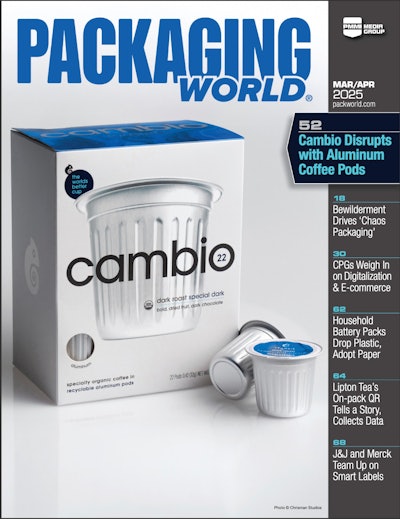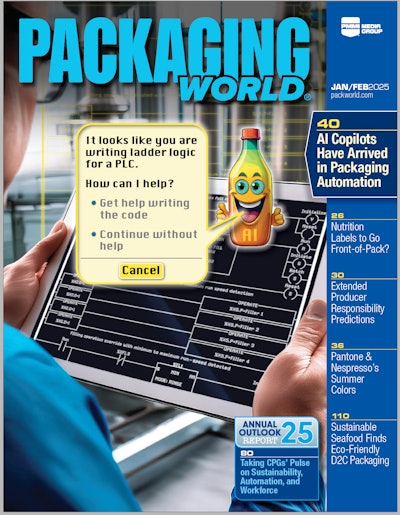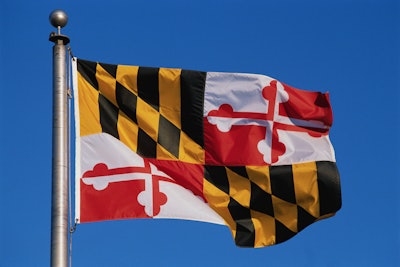
Maryland has officially joined a growing cohort of states with extended producer responsibility (EPR) laws for packaging, as Governor Wes Moore signed Senate Bill 901 (SB 901) into law. The landmark legislation positions Maryland as the sixth state in the U.S. to require packaging producers to fund and manage end-of-life packaging waste through a structured statewide program.
The new law, described by supporters as collaborative and data-informed, introduces a phased approach to implementation that will culminate in producers covering up to 90% of program costs by 2030. Funds will be directed toward improving Maryland’s recycling and composting infrastructure, enhancing outreach and education, and advancing packaging reuse initiatives. The legislation establishes ecomodulated fees that encourage the use of more sustainable packaging formats by charging producers based on the recyclability, compostability, or reusability of their materials.
“This new system aligns incentives for all stakeholders to create an economically efficient, environmentally responsible, circular system of managing packaging and paper materials,” said Senator Malcolm Augustine, the bill’s lead sponsor. “All Maryland residents deserve a modern and comprehensive recycling system, and this legislation ensures we can deliver on our state’s commitment to conservation and environmental stewardship.”
 | Read this related article, “AMERIPEN's Packaging Policy Update & 2025 Outlook” |
SB 901 allows for multiple producer responsibility organizations (PROs) to operate from the outset, a distinction that supporters say will foster competition and drive innovation. Producers are required to register with a PRO by July 2026 and submit responsibility plans to the Maryland Department of the Environment (MDE) by 2028. Reimbursement to local governments for covered recycling services will begin at 50% in 2028 and increase incrementally to 90% by 2030.
The legislation is the culmination of several years of stakeholder engagement, including a 2023 advisory council process and a recycling needs assessment issued earlier this year. The Circular Action Alliance, the PRO active in other EPR states, participated in Maryland’s advisory board and helped inform policy development.
Support from across the packaging value chain was critical in shaping the final bill. AMERIPEN, which played a central role in policy discussions, praised the law’s balanced design. “Governor Moore’s signature on SB 901 reflects years of diligent collaboration and smart policymaking,” said Lynn Dyer, executive director of AMERIPEN. “We are proud to have supported this process every step of the way and look forward to continuing our work to ensure Maryland realizes their goal of a best-in-class recovery and recycling system.”
The Flexible Packaging Association also welcomed the law, citing its potential to expand recycling access for flexible films. “The data-driven approach taken by Senator Augustine and Governor Moore will enhance recycling access and advance a more circular economy for flexible films in Maryland,” said Dan Felton, FPA president and CEO.
The Plastics Industry Association commended the bill as a model for collaboration and innovation. “This law demonstrates a true commitment to environmental stewardship and the strengthening of recycling systems,” said Matt Seaholm, PLASTICS President and CEO. “We appreciate that SB 901 promotes innovation, shared responsibility, and practical solutions to reduce waste and increase recycling rates.”
However, the bill did not win unanimous support. The American Forest & Paper Association (AF&PA) expressed disappointment with the legislation’s passage, criticizing what it described as a rushed process and raising concerns over unintended consequences for the paper sector. “This costly approach to EPR ignores the complexities of the state’s recycling system and the paper industry’s significant recycling achievements,” said Heidi Brock, AF&PA president and CEO.
 | Read this related article, “Minnesota Becomes 5th State to Approve EPR Packaging Law” |
Despite industry differences, the bill’s backers emphasized that Maryland’s EPR law reflects a growing consensus that producers should play a leading role in managing the environmental impacts of packaging. “By holding producers accountable for the packaging they put into the marketplace, this law will save taxpayers tens of millions of dollars, drive down waste, strengthen local recycling programs, and create green jobs across the state,” said Scott Cassel, CEO of the Product Stewardship Institute.
The law takes effect immediately, with program milestones staggered through 2034. Maryland now joins Maine, Oregon, Colorado, California, and Minnesota in advancing producer-funded systems to modernize materials recovery and reduce packaging waste. PW







